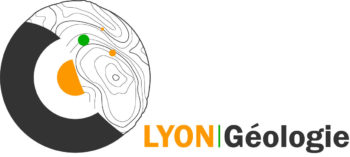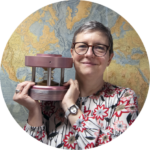Planetology and habitability
Objectives: learn to evaluate techniques and methods for studying primitive organic and carbonaceous matter of the solar system, its interactions with rocks, its relationship with prebiotic chemistry and emergence of life. The know-how and state-of-the-art methods developed in the Laboratoire de Géologie de Lyon will be presented in the form of a mini-symposium where some of the following topics will be presented and discussed:
-Carbonaceous matter and objects of the outer solar system: from carbonaceous chondrites to dwarf planets and icy moons -Differentiation of small planetary bodies, inner oceans, atmospheres and the planet-ocean concept (Titan)
-Differentiation of small planetary bodies, inner oceans, atmospheres and the planet-ocean concept (Titan)
-Early Earth and Mars: geological and geophysical requirements for the emergence of life -Origin of life: point of views from geology, biology, chemistry and astrophysics -Gaps between prebiotic chemistry and biochemistry: external vs internal origin of organic matter on Earth
-Interactions between mineral and organic matter
-Geobiology: limiting factors for life, extension of the terrestrial biosphere, metabolic evolution
Evaluation: commented notes from the symposium (individual evaluation), bibliographic group report on a topic chosen with a tutor


